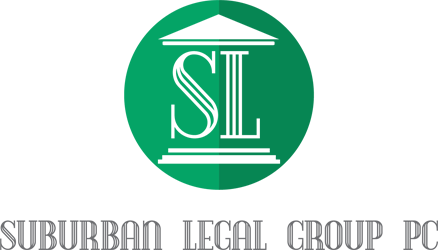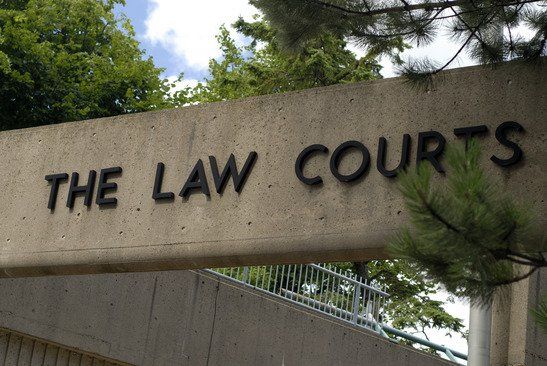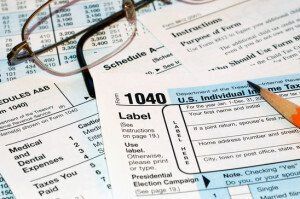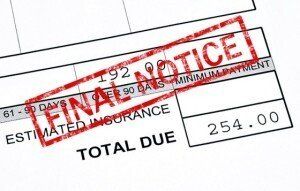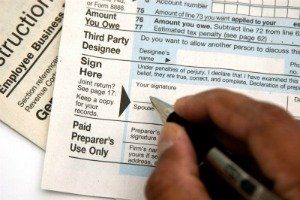Recent Bankruptcy Law Changes in 2021
The worldwide coronavirus pandemic of 2020 changed many facets of everyday life, and it even influenced some recent bankruptcy law changes for 2021.
If you own a business or you’re an individual who is thinking about filing for bankruptcy, it’s important to understand how these bankruptcy law changes might impact your ability to file. Here’s what you need to know about recent changes to the federal bankruptcy code.

The Small Business Reorganization Act
Enacted in early 2020, the SBRA increased the debt limit for small businesses to $7,500,000 from an original limit of $2,725,625. The passage of the CARES Act in 2020 was supposed to be a temporary increase that would last until March 27, 2021. An additional law known as the COVID-19 Bankruptcy Relief Act of 2021 pushed the timeline to March 27, 2022, for the date of expiration.
For individual bankruptcy filings not part of a business, the CARES Act and the SBRA also extended some changes. Some of those changes included excluding any payments made for coronavirus-related issues from income for filers of chapter 7 and chapter 13 bankruptcies. In addition, the acts allowed certain chapter 13 filers the opportunity to modify their payment plans if they were experiencing financial hardships related to the coronavirus.
Changes to Tenant and Landlord Laws
One of the most notable changes to laws in the wake of the pandemic has been the changes made to tenant and landlord laws. With many of the nation’s courts closed to in-person sessions because of the virus, the government has attempted to improve the likelihood of tenant/landlord disputes being settled outside of the court.
One of the changes to the law as it relates to bankruptcies and debtors has been to the “preferences” aspect of a bankruptcy case. Traditionally, debtors could be penalized during bankruptcy if their payment patterns changed substantially right before they filed for bankruptcy.
For example, if a debtor paid off a car in lieu of making payments to credit card companies, those card companies could ask the court for money that they would have received if the debtor has kept his or her payments intact. The law change as far as it impacts tenants and landlords was designed to remove an element of uncertainty in the bankruptcy process and lead to smoother cases.
It’s possible that the pandemic will influence other bankruptcy law changes and extensions in the future, so it’s important to remain aware of those possible changes in the future. Speaking with a bankruptcy lawyer is a good way to make sure you benefit from any bankruptcy changes that have been designed to make the process easier and more equitable for all involved.
Are You Thinking About Bankruptcy?
Would you like assistance from an experienced legal professional with experience in bankruptcy law? Contact Suburban Legal Group for assistance with all matters relating to debt collection law, the FDCPA, and bankruptcy. A consultation is the first step.
DISCLAIMER: All information on this website is provided for informational purposes only and is not intended to be construed as legal advice. Suburban Legal Group PC shall not be liable for any errors or inaccuracies contained herein or any actions taken in reliance thereon.
